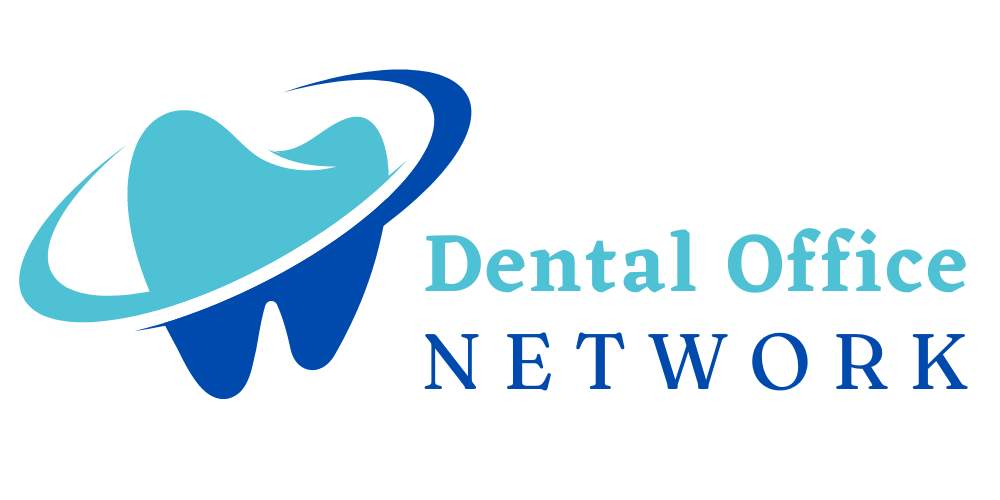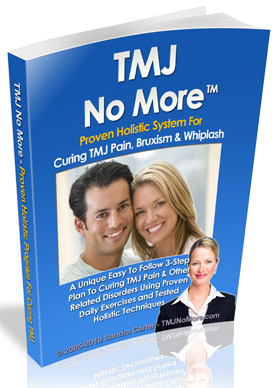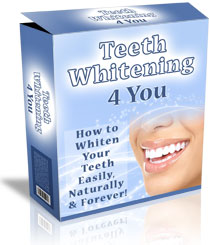Bruxism is a dental condition that involves the clenching or grinding of teeth, often during sleep. It can also occur during the day, but it is usually more common at night. Bruxism can cause significant damage to the teeth and the jawbone if left untreated. It can also cause pain and discomfort in the jaw, neck, and head.
There are two types of bruxism: awake bruxism and sleep bruxism. Awake bruxism is characterized by clenching or grinding of teeth during the day, while sleep bruxism occurs during sleep. Sleep bruxism is more common and more severe than awake bruxism.
Bruxism is a dental condition characterized by the involuntary grinding, clenching, or gnashing of teeth, often during sleep. The condition can affect both children and adults, and it is estimated that up to 15% of the general population suffers from it. Bruxism can cause a wide range of dental and health problems, including worn-down teeth, jaw pain, headaches, and even hearing loss in severe cases.
In this article, we will delve into what bruxism is, its causes, symptoms, diagnosis, treatment options, home remedies, and how to prevent it.
The exact cause of bruxism is unknown. However, there are several factors that are believed to contribute to the development of the condition. These include:
- Stress and Anxiety: Stress and anxiety are among the leading causes of bruxism. When you are under stress or feeling anxious, your body releases a hormone called cortisol. This hormone can cause muscle tension, which can lead to clenching or grinding of teeth.
- Misaligned Teeth: Misaligned teeth can also cause bruxism. When your teeth do not fit together properly, you may clench or grind your teeth to try to get them into a more comfortable position.
- Sleep Disorders: Sleep disorders, such as sleep apnea, can also cause bruxism. Sleep apnea is a condition in which breathing stops and starts during sleep, causing you to wake up frequently throughout the night.
- Medications: Certain medications, such as antidepressants, can cause bruxism as a side effect.
The symptoms of bruxism can vary from person to person. Some people may not even be aware that they have the condition. However, common symptoms of bruxism include:
Grinding or clenching of teeth, which may be loud enough to wake your partner. Pain or discomfort in the jaw, neck, or head. Worn, chipped, or cracked teeth. Sensitive teeth. Earache or hearing loss. Difficulty opening and closing the mouth.
If you experience any of these symptoms, it is important to talk to your dentist, who can help diagnose the condition and recommend treatment options.
To diagnose bruxism, your dentist will examine your teeth and mouth for signs of wear and tear. They may also ask you questions about your dental and medical history, as well as any medications you are taking.
Your dentist may also ask you to wear a special device called a dental splint or mouthguard while you sleep. This device is custom-made to fit your teeth and will protect them from the damage caused by grinding and clenching.
In some cases, your dentist may refer you to a sleep specialist to rule out any underlying sleep disorders that may be contributing to your bruxism.
The treatment for bruxism depends on the severity of the condition and its underlying causes. The goal of treatment is to reduce the frequency and intensity of grinding and clenching, protect the teeth from damage, and alleviate any associated pain or discomfort.
Some of the most common treatment options for bruxism include:
- Dental Splints or Mouthguards: Dental splints or mouthguards are custom-made devices that fit over your teeth and protect them from the damage caused by grinding and clenching.
- Muscle Relaxants: In some cases, muscle relaxants may be prescribed to alleviate muscle tension and reduce the frequency and intensity of grinding and clenching.
- Stress Management Techniques: Stress and anxiety are common triggers for bruxism. Stress management techniques, such as deep breathing, meditation, and yoga, can help reduce stress and alleviate symptoms of bruxism.
- Orthodontic Treatment: If misaligned teeth are contributing to your bruxism, orthodontic treatment may be recommended to correct the alignment of your teeth.
In severe cases of bruxism, surgery may be necessary to correct any structural abnormalities in the jaw or teeth that may be contributing to the condition.
In addition to professional treatment, there are several home remedies that can help alleviate the symptoms of bruxism. These include:
- Warm Compresses: Applying a warm compress to the jaw can help alleviate muscle tension and reduce pain and discomfort.
- Relaxation Techniques: Deep breathing, meditation, and yoga can help reduce stress and alleviate symptoms of bruxism.
- Avoiding Stimulants: Avoiding stimulants, such as caffeine and alcohol, can help reduce the frequency and intensity of grinding and clenching.
- Changing Sleeping Position: Sleeping on your back can help alleviate symptoms of bruxism, as it can reduce pressure on the jaw.
While there is no surefire way to prevent bruxism, there are several steps you can take to reduce your risk of developing the condition or to minimize its severity. These include:
- Stress Management: Managing stress through relaxation techniques, exercise, and other stress-reducing activities can help prevent bruxism.
- Avoiding Stimulants: Avoiding stimulants, such as caffeine and alcohol, can help prevent or reduce the severity of bruxism.
- Maintaining Good Oral Hygiene: Maintaining good oral hygiene, including brushing and flossing regularly, can help prevent damage to the teeth and gums caused by grinding and clenching.
- Wearing a Mouthguard: Wearing a mouthguard or dental splint can help protect the teeth from the damage caused by grinding and clenching.
While there is no surefire way to prevent bruxism, there are several steps you can take to reduce your risk of developing the condition or to minimize its severity. These include:
- Stress Management: Managing stress through relaxation techniques, exercise, and other stress-reducing activities can help prevent bruxism.
- Avoiding Stimulants: Avoiding stimulants, such as caffeine and alcohol, can help prevent or reduce the severity of bruxism.
- Maintaining Good Oral Hygiene: Maintaining good oral hygiene, including brushing and flossing regularly, can help prevent damage to the teeth and gums caused by grinding and clenching.
- Wearing a Mouthguard: Wearing a mouthguard or dental splint can help protect the teeth from the damage caused by grinding and clenching.
Bruxism is a common dental condition that can cause a range of dental and health problems. However, with the right treatment and management strategies, it is possible to alleviate the symptoms of bruxism and prevent damage to the teeth and jaw.
If you suspect that you may have bruxism, it is important to talk to your dentist, who can help diagnose the condition and recommend the best treatment options for your needs. By taking proactive steps to manage your bruxism, you can enjoy better dental and overall health for years to come.
Frequently Asked Questions about Bruxism
The exact causes of bruxism are not known, but it is often linked to stress, anxiety, and sleep disorders. Misaligned teeth or jaw can also contribute to the condition.
Bruxism can cause a range of dental and health problems if left untreated, including tooth damage, jaw pain, headaches, and TMJ disorder.
Your dentist can diagnose bruxism by examining your teeth and jaw for signs of damage or wear. They may also ask about your symptoms and medical history to rule out any underlying health conditions.
Mouthguards and dental splints are designed to be comfortable and should not cause any pain or discomfort. However, it may take some time to get used to wearing the device.
Bruxism is a common dental condition that can cause a range of dental and health problems if left untreated. Fortunately, there are several treatment options available to alleviate the symptoms of bruxism and protect the teeth from damage caused by grinding and clenching.
If you suspect that you may have bruxism, it is important to talk to your dentist, who can help diagnose the condition and recommend the best treatment options for your needs. With the right treatment and management strategies, you can enjoy better dental and overall health for years to come.














1 Comment
[…] Understanding Bruxism: Causes, Symptoms, and Treatment […]
Comments are closed.